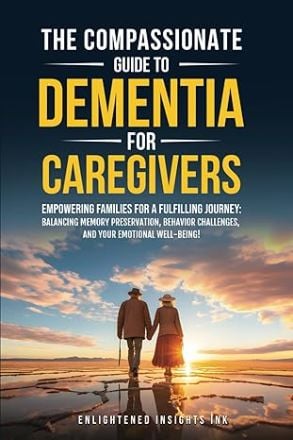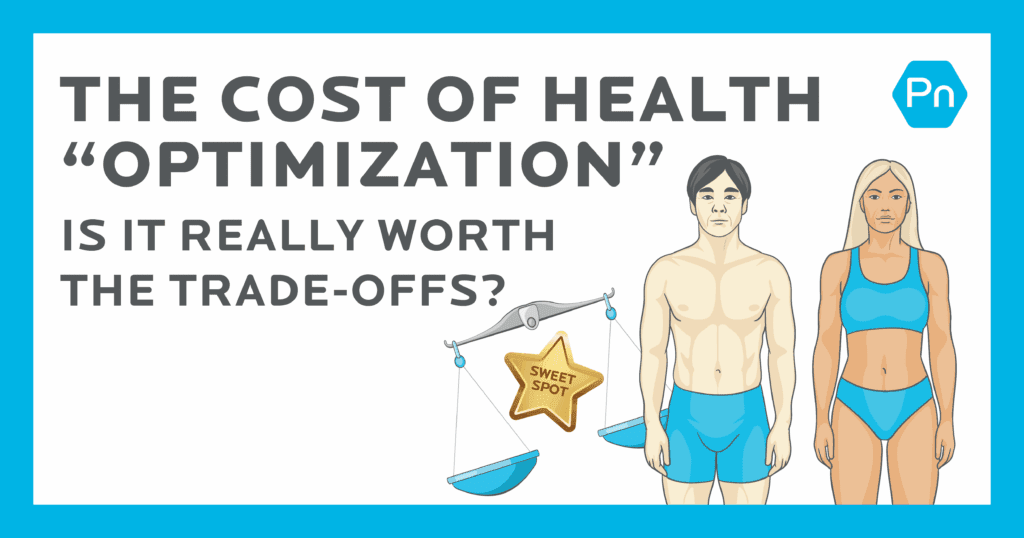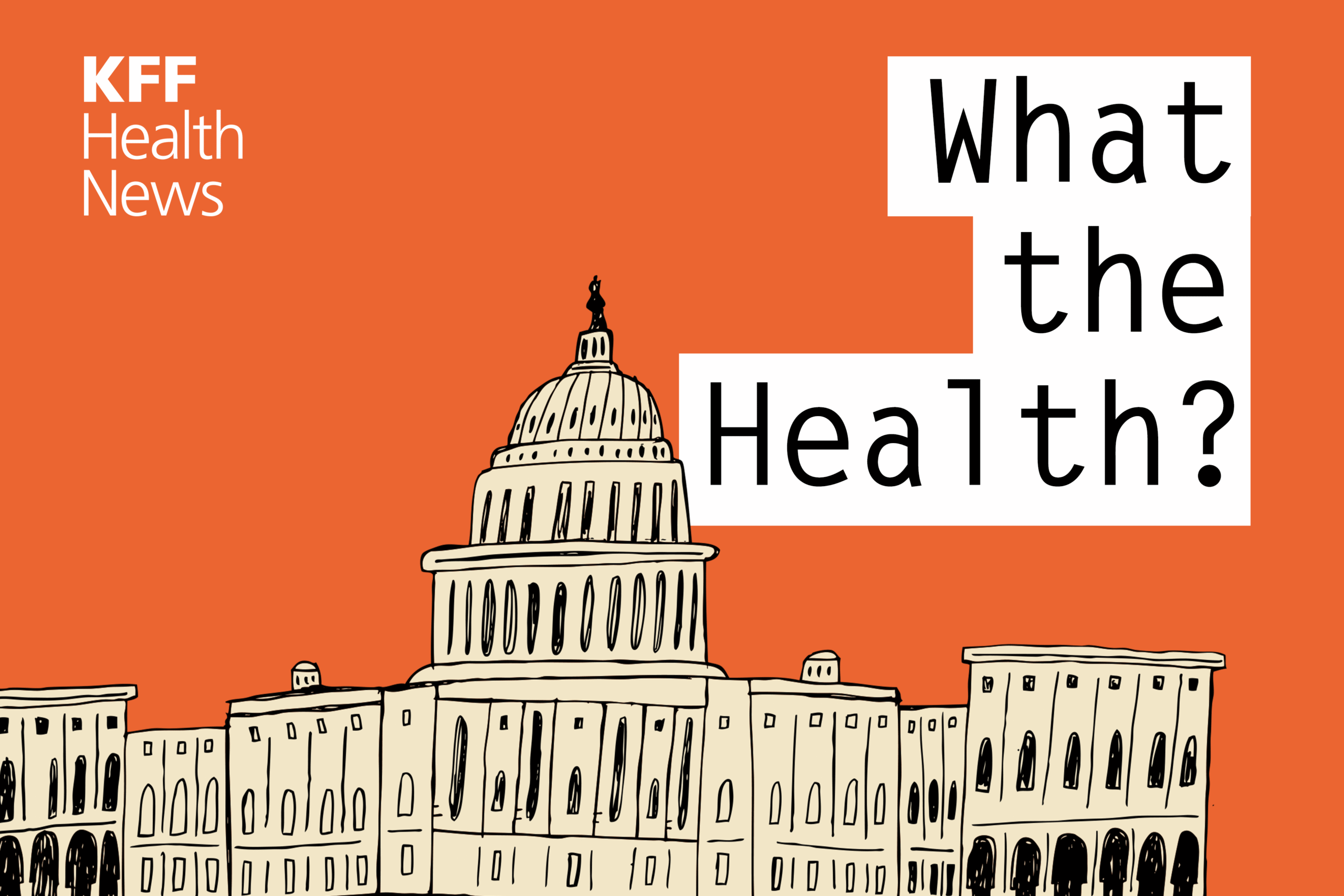 Author: Gretchen Lidicker, M.S.Christina GuzikMay 24, 2023
Author: Gretchen Lidicker, M.S.Christina GuzikMay 24, 2023 mbg Health ContributorBy Gretchen Lidicker, M.S.mbg Health ContributorGretchen Lidicker earned her master’s degree in physiology with a focus on alternative medicine from Georgetown University. She is the author of “CBD Oil Everyday Secrets” and “Magnesium Everyday Secrets.”Image by Studio FirmaMay 24, 2023
mbg Health ContributorBy Gretchen Lidicker, M.S.mbg Health ContributorGretchen Lidicker earned her master’s degree in physiology with a focus on alternative medicine from Georgetown University. She is the author of “CBD Oil Everyday Secrets” and “Magnesium Everyday Secrets.”Image by Studio FirmaMay 24, 2023We all want to age as gracefully as J.Lo and Paul Rudd, and healthy aging starts with proper nutrition. But what nutrients are most important for healthy aging? A new study suggests that omega-3s—a key family of polyunsaturated fats found in foods like nuts, seeds, and fish—may be critical for maintaining and even improving brain health as the years go by.
Advertisement
This ad is displayed using third party content and we do not control its accessibility features.A new study on omega-3s and the aging brain
One of the telltale signs of getting older—and one of the symptoms many of us fear the most—is a loss of mental quickness and healthy cognition. That may be why researchers from the Duke-NUS Medical School and the National University of Singapore partnered to explore the role of omega-3 fatty acids in brain health. More specifically, these researchers investigated the role of omega-3s in the development of brain myelination.
Myelin acts as an insulating membrane around our nerves, which helps nerve cells send signals to each other quickly and efficiently by conducting electrical signals. The loss of myelin is associated with disease1 since nerves can no longer function properly. For example, a genetic condition that drastically reduces myelination leads to a birth defect called microcephaly, which causes a baby's head to be much smaller than it should be.
But genetic disorders aren't the only thing affecting myelination; you also lose myelin as you age.
The natural loss of myelin with age
Vetrivel Sengottuvel, Ph.D., a lead study author and senior research fellow with Duke-NUS, explained in a statement, "Loss of myelin sheaths occurs during the normal aging process and in neurological diseases, such as multiple sclerosis and Alzheimer's disease." According to the researchers, this isn't just responsible for age-related diseases but also the general loss of physical and mental abilities in elderly people. Fortunately, this study presents a possible path to improving this age-related myelin decline.
It showed that omega-3 fatty acids play a role in brain processes that build up myelin and preserve what's already there. "This opens up potential avenues to develop therapies and dietary supplements based on [lysophosphatidylcholine] LPC omega-3 lipids that might help retain myelin in the aging brain—and possibly to treat patients with neurological disorders stemming from reduced myelination," explained Sengottuvel.
The results of the study were published in the Journal of Clinical Investigation. Next, the team of researchers is conducting preclinical studies to determine whether omega-3 supplements can help maintain or even improve brain myelination and cognitive function throughout the aging process.
Advertisement
This ad is displayed using third party content and we do not control its accessibility features.Benefits of omega-3 supplementation
We're a ways off from confirming the benefits of omega-3 supplementation for age-related myelin decline. But omega-3 supplements are still worth exploring as part of your wellness routine, as there are already a handful of science-backed benefits of omega-3s. Here are three big ones to know about:
omega-3 potency+
Daily must-have essential for brain, heart & overall health*
★ ★ ★ ★ ★★ ★ ★ ★ ★(24)
Shop now Shop now
Shop nowHeart health. Consuming omega-3s has been shown to decrease your risk of cardiovascular disease, and this group of polyunsaturated fats is often suggested as a preventive supplement for heart health.
Inflammation. Omega-3s have known anti-inflammatory properties, and at higher doses, they can help reduce the inflammation that contributes to atherosclerosis and other inflammation-related diseases.
Mental health. Studies show that those taking omega-3 supplements are less likely to have anxiety and/or depression.
If that's not enough to convince you of the importance of these fatty acids, nothing will! But now on to the next thing: How do we get them? The best source of omega-3s is fish, including salmon, mackerel, anchovies, sardines, and herring. If you're not a fan of fish, experts recommend supplementing with at least 1 gram of eicosapentaenoic acid (EPA) and docosahexaenoic acid (DHA), which are two types of omega-3s. Try one of these 15 best omega-3 supplements on the market.
Advertisement
This ad is displayed using third party content and we do not control its accessibility features.The takeaway
A new study suggesting that omega-3s may help prevent age-related myelin decline adds to the growing list of benefits of these healthy fats. Make sure you're getting adequate omega-3s through fish and supplementation.
 Gretchen Lidicker, M.S.mbg Health Contributor
Gretchen Lidicker, M.S.mbg Health ContributorGretchen Lidicker is an mbg health contributor, content strategist, and the author of CBD Oil Everyday Secrets: A Lifestyle Guide to Hemp-Derived Health and Wellness and Magnesium Everyday Secrets: A Lifestyle Guide to Epsom Salts, Magnesium Oil, and Nature's Relaxation Mineral. She holds a B.S. in biology and earned her master’s degree in physiology with a concentration in complementary and alternative medicine from Georgetown University.
1 Source
- https://pubmed.ncbi.nlm.nih.gov/12528815/










